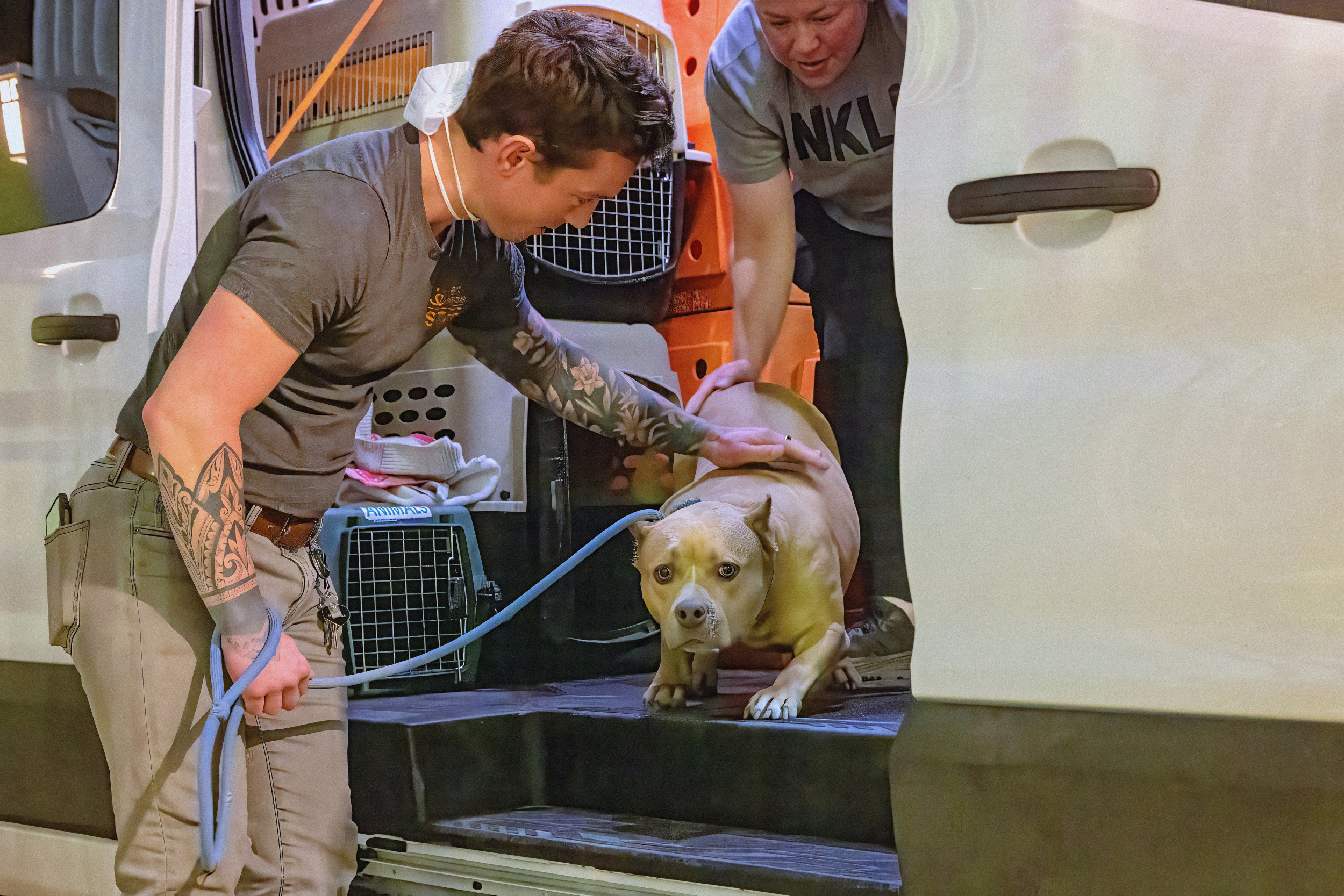The United States Department of Agriculture has issued countless recalls regarding plastic contamination in the last several months, sparking concerns over what materials are hidden in food items.
Recalls can be issued for a variety of reasons, from undeclared allergens to plastic and bacterial contamination.
Why It Matters
Consuming plastic by accident has many health risks. While plastic contaminants will generally leave your body within a day, consumption can cause metabolic disorders and reduced fertility.
Small pieces of plastic can also present a choking hazard or damage the digestive tract when swallowed. Some consumers could also face chipped teeth if they consume food with plastic in it.
Other recalls, specifically those linked to listeria or E.coli contamination, are for food products that lead to food poisoning or even death.

What To Know
As recently as January 5, the U.S. Department of Agriculture issued a public health alert over concerns that frozen, raw ground beef products had been contaminated with foreign material, including hard plastic and metal.
This was specifically for packages labeled "Turner Farm", "STOCKYARDS PACKING COMPANY GROUND BEEF" and lot code 241210.
While there have been no reports of injury or illness, the Department asks all consumers who have the packages in their fridge or freezer to discard the product immediately.
The Food and Drug Administration also recalled "Connie's Thin Crust Cheese Pizza" on December 13 after it was regarded as a "Class II" risk.
The recall was effective across three states for the Wisconsin-based brand Palermo Villa, Inc. because of the possible presence of plastic foreign contaminants.
Class II is considered the second-most severe risk level and is issued when "there is a reasonable probability that the use of or exposure to a violative product will cause serious adverse health consequences or death."
While the pizza is no longer being sold, the product could still be in shoppers' freezers.
Cinnamon rolls and cheese danishes from The JM Smucker Company were also recalled in November after they were discovered to contain pieces of plastic.
That recall was also declared Class II and applied to the Great Value Cinnamon Rolls in 16.5-ounce packages with UPC 078742201160 and Great Value Cheese Danish in 16.5-ounce packages with UPC 078742201177.
A few months earlier, in August, the U.S. Department of Agriculture's Food Safety and Inspection Service recalled 167,000 pounds of frozen, ready-to-eat chicken from Perdue Foods LLC for metal fragment contamination.
Hard plastics were also identified in Hill Country Fare Mustard Potato Salad, from Oregon-based Reser's Fine Foods, leading to a recall.
What People Are Saying
Teresa Murray, the consumer watchdog director at the U.S. Public Interest Research Group, told Newsweek: "Consider shopping only at stores that have a good recall notification policy. This is especially important if you buy products that are frequently recalled such as produce, or if there are people in your home with severe allergies, or children, pregnant women, elderly people or anyone who is immunocompromised, who are most likely to get really sick from foodborne contamination."
Alex Beene, a financial literacy instructor for the University of Tennessee at Martin, told Newsweek: "Some of the reasons for the frequency of these recalls is actually a good thing for the industry and consumers. Recalls have been increasing due to enhanced detection methods, better reporting, and stricter food safety standards, which make it easier to identify contaminants. Consumers need to always check recall notifications and immediately report any suspicious contamination to manufacturers or regulatory agencies."
What Happens Next
If you find that a particular food you have in the fridge has been recalled, follow the recall's instructions on how to discard the food. Some shoppers will be able to return the item for a refund, while others may need to just throw it out.
"Don't ever take a recall less than seriously," Beene said. "Make sure you either return the recalled item or dispose of it. Sadly, some of the tragic situations involving recalled products being fatal to consumers have been when they failed to follow the procedures recommended."




















 English (US) ·
English (US) ·